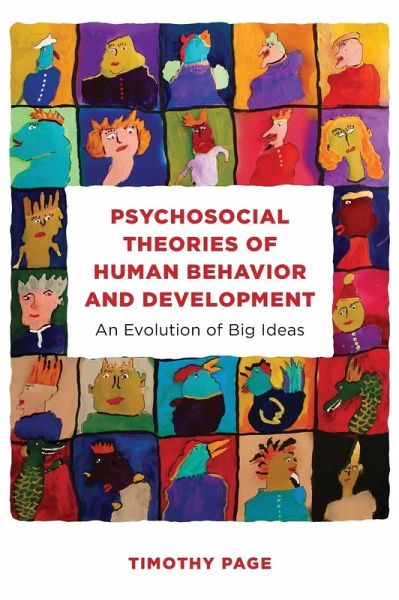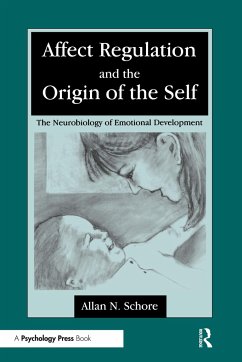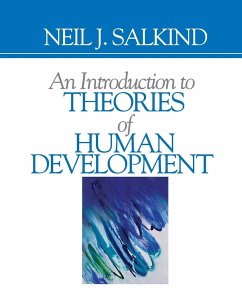
Psychosocial Theories of Human Behavior and Development
An Evolution of Big Ideas
Versandkostenfrei!
Versandfertig in 1-2 Wochen
131,99 €
inkl. MwSt.
Weitere Ausgaben:

PAYBACK Punkte
66 °P sammeln!
Breaking away from the traditional models that "teach to the test," this dynamic and engaging textbook pays close attention to the historical context of ideas represented in psychosocial development theories and the interconnections of ideas across theories and social science disciplines.














